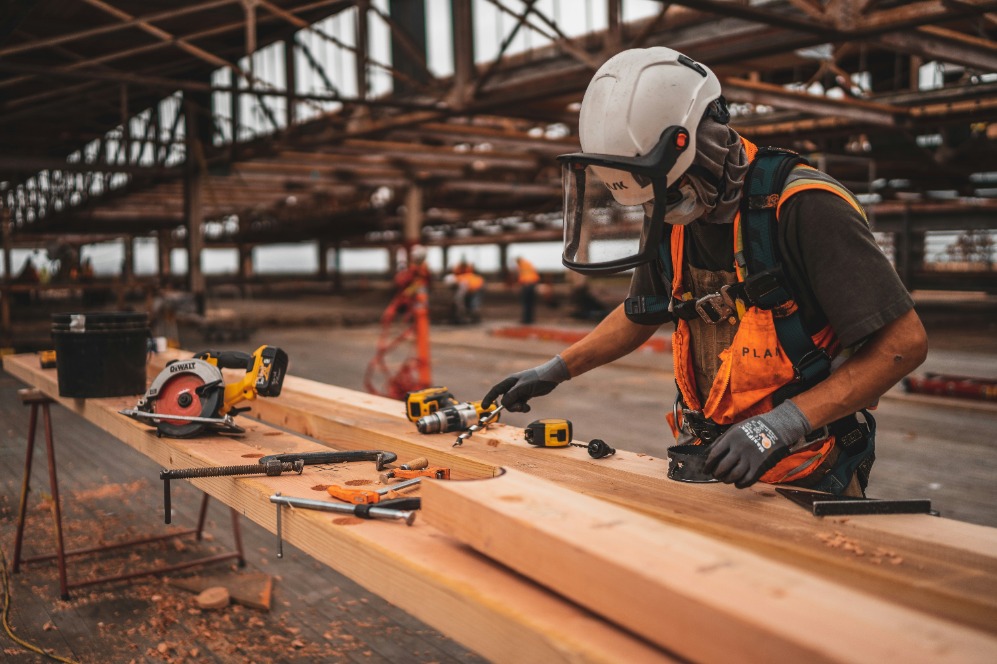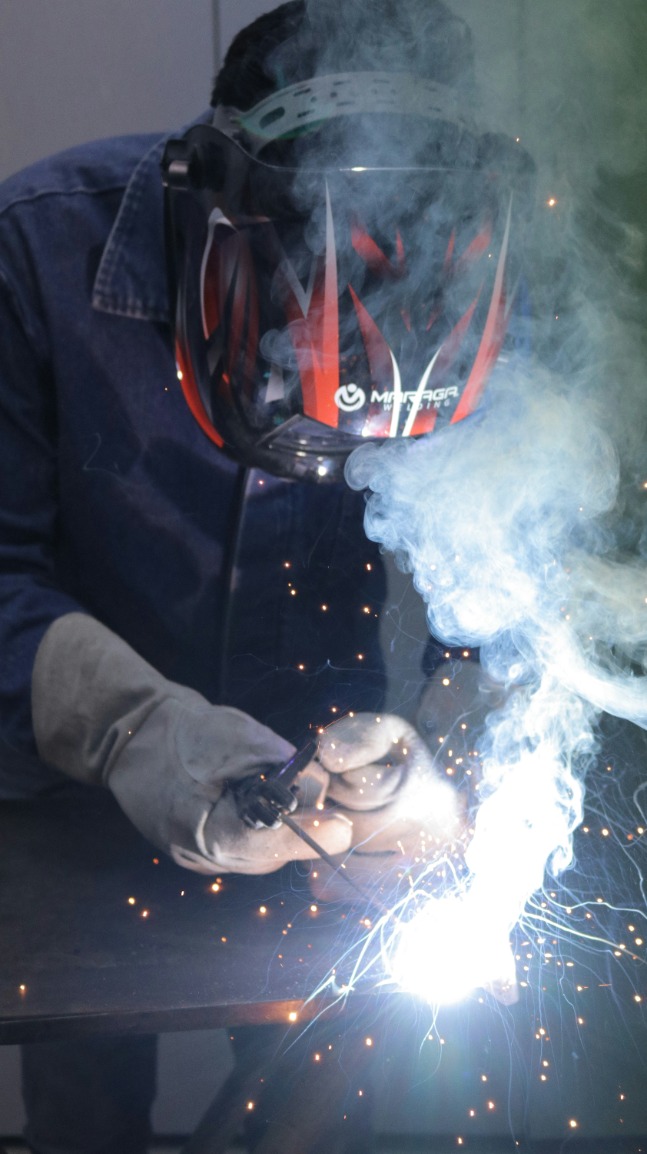




Plan and design land areas for projects such as parks and other recreational facilities, airports, highways, hospitals, schools, land subdivisions, and commercial, industrial, and residential sites.
Landscape or maintain grounds of property using hand or power tools or equipment. Workers typically perform a variety of tasks, which may include any combination of the following: sod laying, mowing, trimming, planting, watering, fertilizing, digging, raking, sprinkler installation, and installation of mortarless segmental concrete masonry wall units.
Set up, operate, or tend lathe and turning machines to turn, bore, thread, form, or face metal or plastic materials, such as wire, rod, or bar stock.
Operate or tend washing or dry-cleaning machines to wash or dry-clean industrial or household articles, such as cloth garments, suede, leather, furs, blankets, draperies, linens, rugs, and carpets. Includes spotters and dyers of these articles.
Teach courses in law. Includes both teachers primarily engaged in teaching and those who do a combination of teaching and research.
Represent clients in criminal and civil litigation and other legal proceedings, draw up legal documents, or manage or advise clients on legal transactions. May specialize in a single area or may practice broadly in many areas of law.
Lay out reference points and dimensions on metal or plastic stock or workpieces, such as sheets, plates, tubes, structural shapes, castings, or machine parts, for further processing. Includes shipfitters.
Perform secretarial duties using legal terminology, procedures, and documents. Prepare legal papers and correspondence, such as summonses, complaints, motions, and subpoenas. May also assist with legal research.
All legal support workers not listed separately.
Develop, introduce, or enact laws and statutes at the local, tribal, state, or federal level. Includes only workers in elected positions.